
This is a comprehensive career development program intended for those seeking job-related skills in Inspection of Process Industry units for Maintenance, Operational Condition, Corrosion, Safety, Quality Assurance, and Quality Control.

The main emphasis of this course is on improving and ensuring safety through the use of owner/user or third-party inspectors specialized in pressure equipment in a manner that protects its employees, public, and environment.
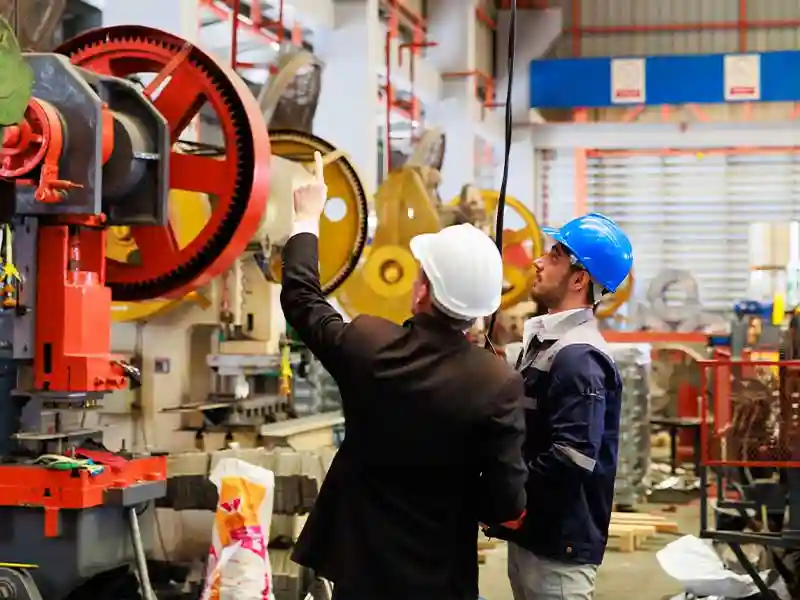
Boilers and steam generating systems are considered highly complex elements of equipment which operate at very high pressures and temperatures. These demanding operating conditions require good quality of construction materials and professional fabrication. Safe and efficient operation of boilers requires that a special attention to be given to the reliability of equipment for steam generation as well as efficient steam system management. This course is intended to introduce delegates to safe operation of boiler units and the associated equipment for steam generation and steam distribution. Methods and techniques of energy saving related to efficient steam distribution system management will be explained in detail. The course will be primarily focused on practical aspects related to operation, control, maintenance and troubleshooting of problems encountered in boiler systems. The course will also cover reliability of boiler units, as well as on efficient management of the entire steam system. Practical examples and workshop exercises from real life industrial practice will be utilized throughout the training course to emphasize the key learning points.
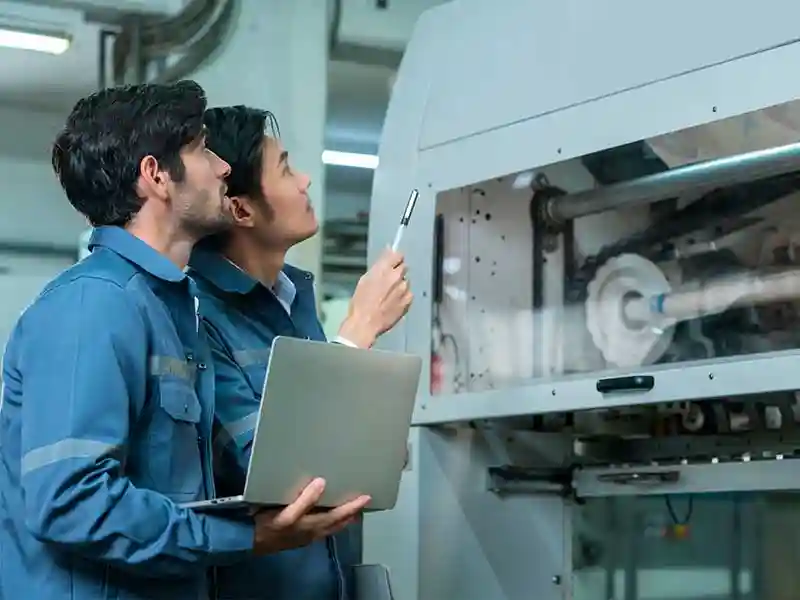
Paints are available across the globe & are going to stay for decades to come. As you join the industry, without being familiar with new/existing technical terms, industry keywords, concepts, or core fundamentals, you will easily lose connection in the field. Don’t get baffled by the enormity of the industry.
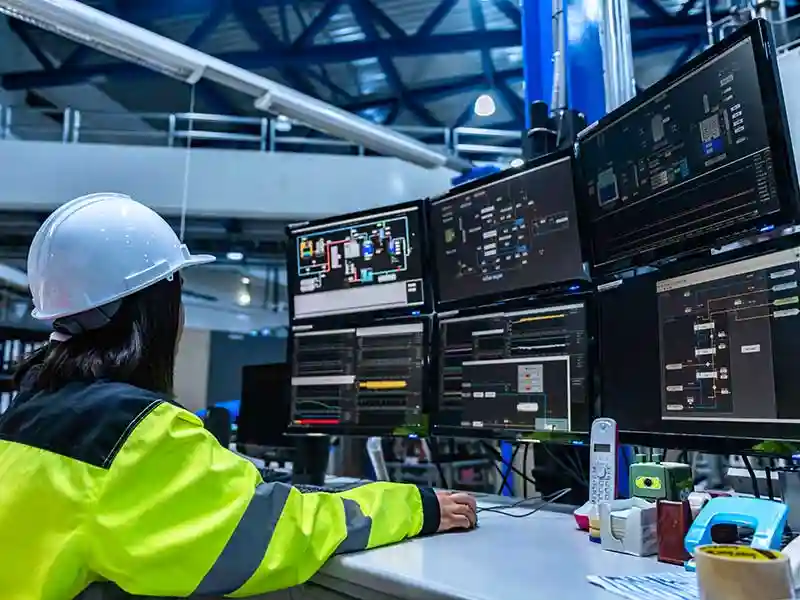
Benchmarking studies on various oil refineries around the world have shown that rotating equipment accounts for more than 20% of all maintenance and inspection costs. Also, rotating equipment is often at key nodes of the process and is frequently critical to production. Therefore failure would lead to unacceptable downtime costs.
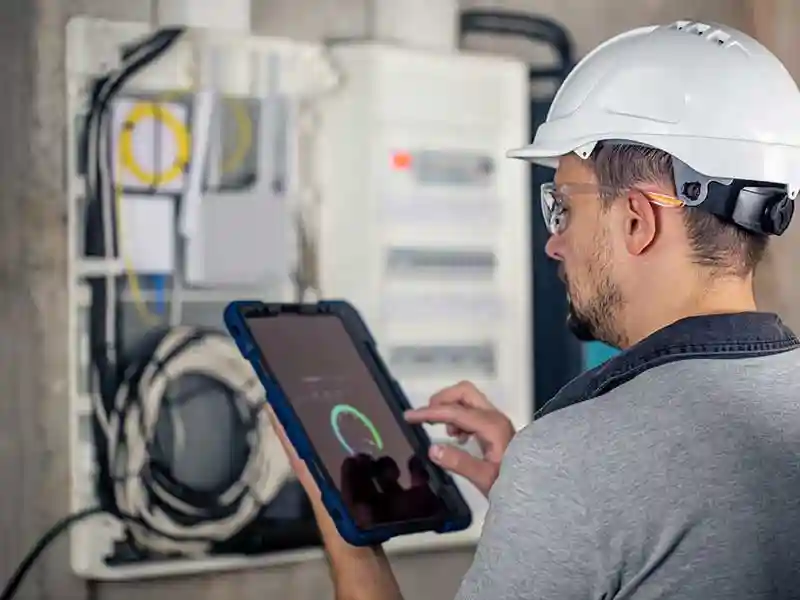
The effective management and operation of an oil and gas terminal are essential for a successful business. The processing, transporting, and storing of crude oil and refined petroleum products, in tank farms, involves custody transfers of partner and commingled stock, significant volumes of data from various sources, and blending operations complexities. In addition, as these liquids are loaded and offloaded in bulk quantities, there is a large transfer of high value that makes it imperative for tank farm operators to efficiently manage their inventory and maximize their return on investment. This training course provides an overview of the American Petroleum Institute API-650, API 620, and API 2610 specifications as well as the API 653 inspection standard. Emphasis is also given both as to safety as well as operability of tank farms and the training includes Seveso III Directive real-life example reports, how they were carried out, and implemented. Upon successful completion of this training course, participants will gain knowledge on oil terminals and tank farms, methods of tank gauging, crude oil product specifications, product blending, and tank mixing, dealing with of oil spill emergencies, cleaning of crude oil and heavy product tanks, understanding and employ a work permit system, pigging operations of oil pipelines, quality assurance and control, contingency and safety procedures.

Reinforced concrete structures are widely used in the industrial sector special in the oil and gas field for onshore. Therefore, the basis of design for concrete structure for strength, serviceability, and robustness will be discussed in the scope of code concept. So ACI, BS, UBC, and ASCE will be discussed in the scope of practical wise to use the suitable design method to serve our business safety and operability. The objective of this course is to train engineers to be familiar with using American Concrete Institute Standard (ACI) and British standard (BS). The concept and basics of codes and standards will be introduced concerning the probability of failure specifically in ACI and BS. The course will cover the basics of design for retaining wall, liquid tanks, a foundation under machines, and a foundation under steel tanks, separator, KOD. Moreover, the key steps in design and review design will be illustrated

Architects and non-structural engineers often work together with structural engineers on design projects. An understanding of the basic concepts of structural engineering could make their jobs easier. If you are involved with the design and construction of concrete, steel, or wood structures, you will find this course particularly helpful. It is assumed that course participants have no formal training in structural engineering. Basic concepts and design examples will be reviewed without in-depth mathematical derivations. This course is not designed to make you a structural engineer, but you will leave the course with an understanding of the structural design process and know when you need to call in an expert.
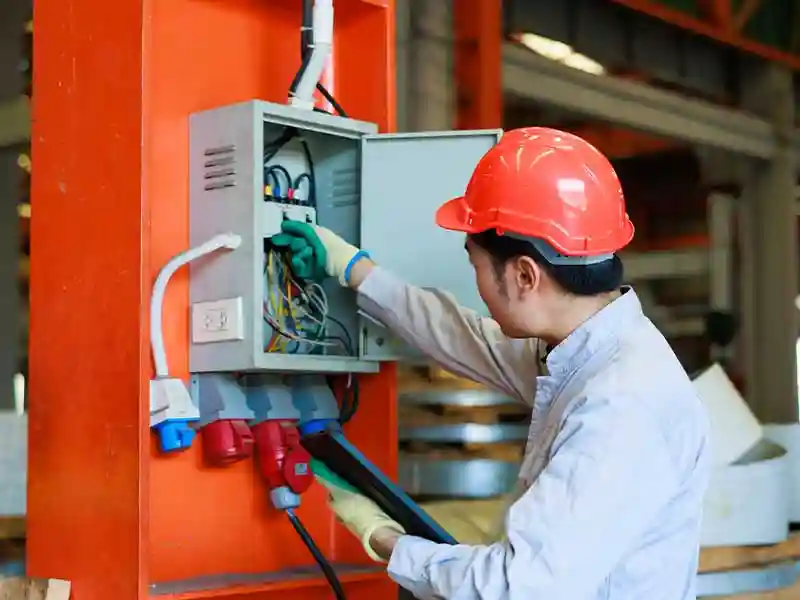
Architectural engineers, project management includes careful planning and communication of that plan to a team of engineers. It involves the identification of project goals and milestones as well as the development of multiple scenarios and contingency plans.